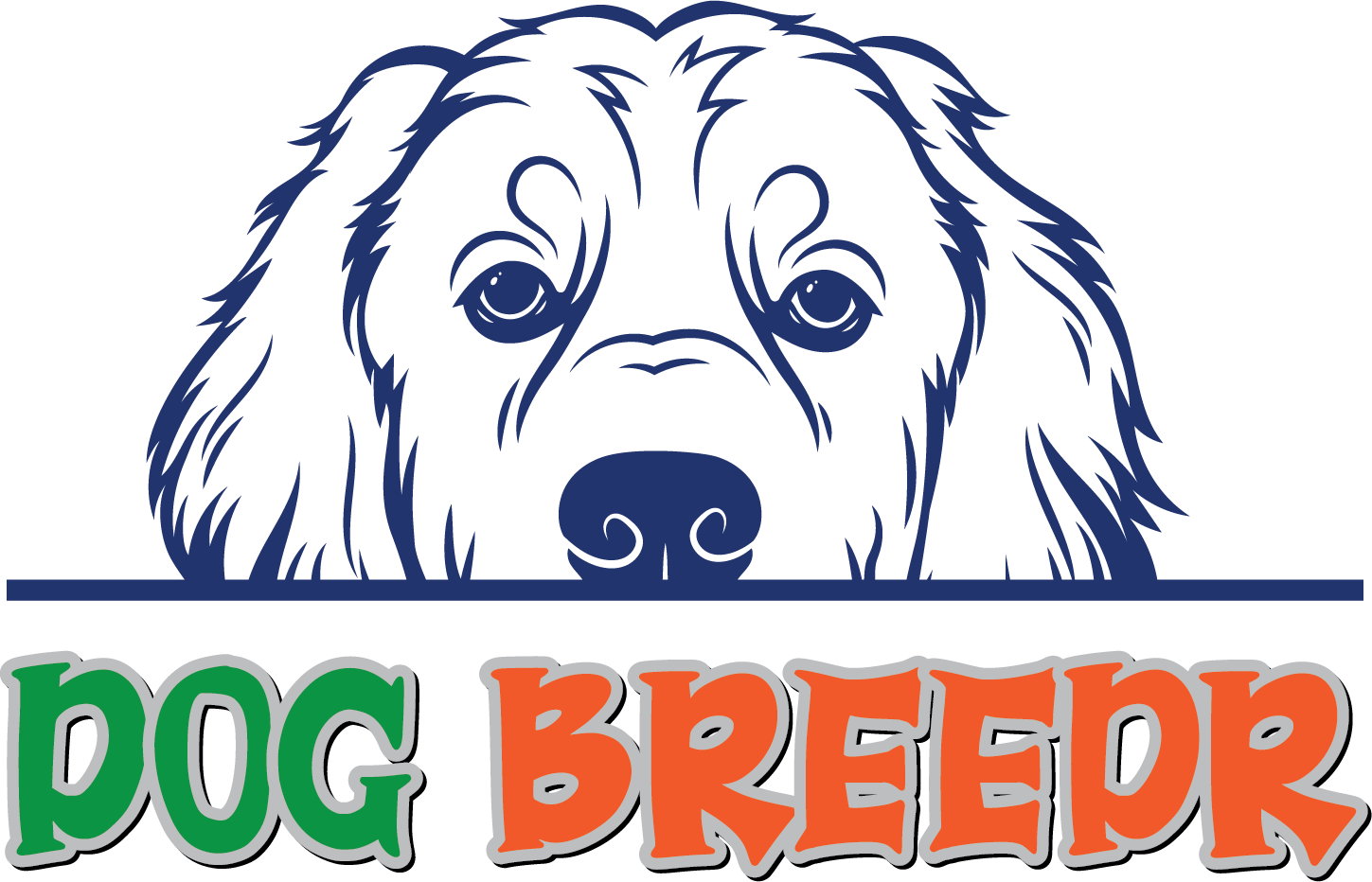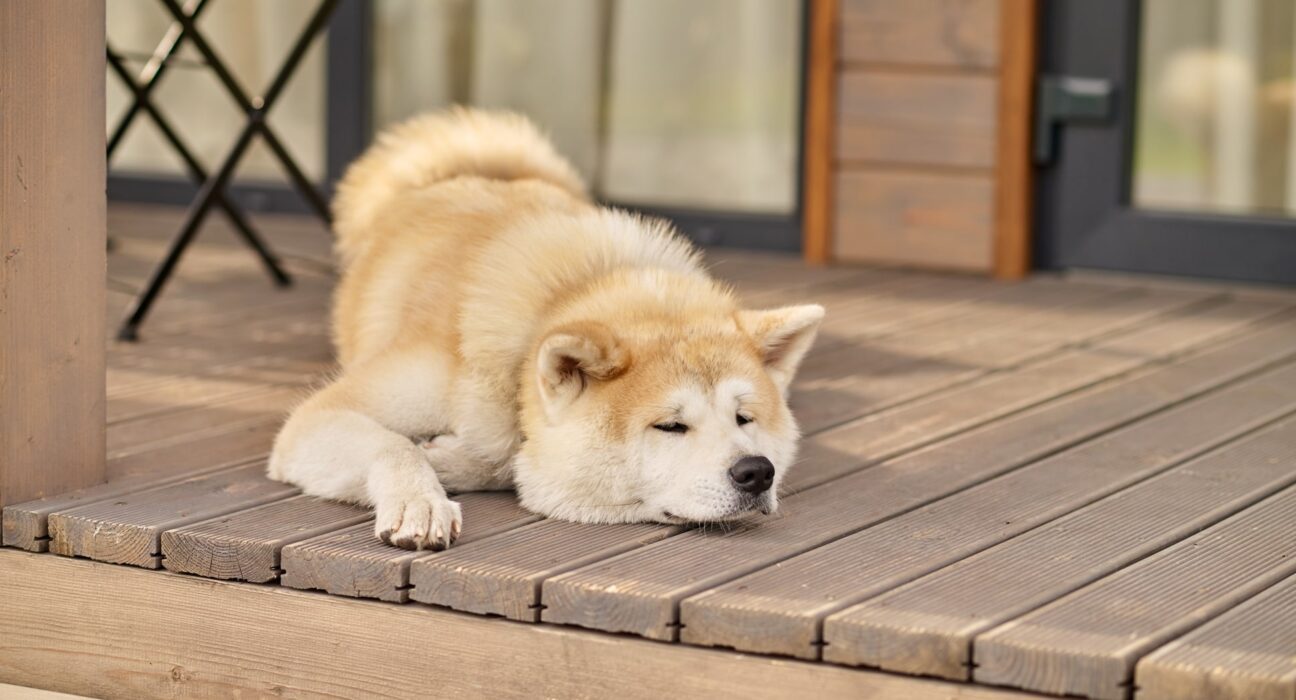Japan is home to some of the world’s most unique and extraordinary dog breeds. From small lapdogs to large guard dogs, Japanese dog breeds are known for their intelligence, loyalty, and even temperament.
Some breeds have been around Japan for hundreds of years, while others haven’t seen much outside attention until recently.
Popular Japanese Dog Breeds
Some of the most famous Japanese dog breeds include:
- Japanese Dog Breeds – Japanese Spitz
Japanese Spitz is a small breed of dog that is often mistaken for other similar-looking breeds, such as Pomeranians or Samoyeds.
They are known for their thick white coat, wedge-shaped heads, upright triangular ears, and large, round dark eyes. The average height of an adult Japanese Spitz is 10-15 inches, and they usually weigh 10-25 pounds.
Although their exact origin is debated, the Japanese Spitz is believed to have been bred in Japan from a mix of German and Asian breeds such as Chow Chow, Samoyed, and Pomeranian.
They are popular as companion dogs due to their remarkable intelligence, gentle nature, and loyalty. They love being around people and do their best when kept indoors with their family.
Because of their thick coat, Japanese Spitz requires regular grooming to prevent matting. The coat should be brushed several times weekly to remove any loose fur or debris that may get tangled up.
Regular bathing will also help maintain the coat’s health by removing dirt and oils that can cause skin irritation or infection if left unchecked.
Japanese Spitz should also be regularly checked for fleas and ticks, as these pests can quickly become a problem if left unchecked.
Japanese Spitz is an active breed that loves to play and needs plenty of daily exercise. They love to take long walks, trips to the park, or even a game of fetch in the backyard.
In addition to physical activity, they need mental stimulation too. Puzzle toys and games like hide-and-seek can help keep them mentally engaged and out of trouble.
Overall, Japanese Spitz makes excellent companion pets for any family looking for an intelligent and loyal four-legged friend who will bring years of joy and fun into their lives. With proper care and training, this breed makes a great lifelong companion.
- Japanese Dog Breeds – Japanese Chin
Japanese Chin is an ancient breed originally bred in China as a companion pet. This small-sized breed has a distinctive teddy bear face, round eyes, and a short muzzle.
They have long, silky coats that come in any color, including white, black, tan, or sesame. Adult Japanese Chin average height is 8-11 inches, and they usually weigh 7-11 pounds.
The Imperial Court of Japan has revered this breed for centuries because of its sweet nature, intelligence, and affectionate personality. They are friendly towards strangers but can protect their family members when needed.
Japanese Chin needs daily exercise to stay healthy and happy. They enjoy taking walks around the neighborhood or playing a game of fetch in the yard.
While they may not need as much exercise as other breeds, daily physical activity is still important to keep them active and fit.
In addition to regular exercise, Japanese Chin needs daily grooming to keep their coats clean and healthy.
Their long coats should be brushed several times weekly to remove any dirt or debris that may get tangled up in them.
Regular bathing will also help maintain their coat’s health by removing oils that can cause skin irritation if left unchecked.
- Japanese Dog Breede – Shiba Inu
Shiba Inu is a medium-sized breed that originated in Japan and is now one of the most popular breeds in the world. They have a distinctive fox-like faces, pointed ears, and large, dark eyes.
Their coat is thick and comes in various colors, including red, black, sesame, or tan. The average height of an adult Shiba Inu is between 13-17 inches, and they usually weigh 17-23 pounds.
Shiba Inu are known for their independent nature, intelligence, loyalty, and tenacity – qualities that make them excellent watchdogs. They tend to be aloof towards strangers but quickly warm up once they get to know you better.
Although they may not need as much exercise as some other breeds, Shiba Inu still need to be active daily.
They love taking long walks in the park or playing catch with their family members. Not only is exercise great for keeping them healthy and fit, but it also helps keep them out of trouble as they tend to get bored quickly.
To keep their coats clean and healthy, Shiba Inu should be brushed twice a week and bathed when needed.
This breed is prone to skin irritations which can be aggravated if their coat isn’t groomed correctly, so regular maintenance is essential.
In addition, checking for fleas and ticks regularly can help prevent any health problems that may arise from infestations.
Shiba Inu is a great companion and family pet for any home. With the right balance of exercise, training, and love, they can be loyal and devoted companions to their families for many years.
- Japanese Dog Breeds – Shikoku
Shikoku is a medium-sized breed that originates from the island of Shikoku in Japan. They have a muscular body with a wolf-like face, pointed ears, and intelligent eyes.
Their coats come in various colors, including black, tan, red sesame, or white. Adult Shikoku’s average height is between 17-22 inches, and they usually weigh 35-55 pounds.
Shikoku is known for its loyal and obedient nature, intelligence, and trainability. They make excellent guard dogs but love playing with their owners and family members.
This breed needs regular exercise to stay healthy both physically and mentally. Taking them on long walks or hikes around the neighborhood is a great way to get them some much-needed physical and mental stimulation.
They also need daily brushing to keep their coats clean and healthy and check for fleas and ticks regularly.
Overall, Shikoku makes a great family pet for any home. With the right balance of exercise, training, and love, they can be loyal and devoted companions to their families for many years.
They are also easy to train with proper guidance, which makes them perfect candidates for obedience classes or agility competitions.
- Japanese Dog Breeds – Akita
The Akita is a large, muscular Japanese breed that originates from the mountainous northern regions of Japan.
They typically have a thick coat with colors ranging from white, red sesame, and brindle. The average height of an adult Akita is between 24-28 inches, and they usually weigh 70-130 pounds.
This breed is known for its courage, loyalty, and independent spirit. Although they can be aloof towards strangers, they are highly devoted to their owners and families.
Because of their size and strength, Akitas require regular outdoor exercise to stay physically and mentally healthy
Taking them on long walks or hikes around the neighborhood is a great way to get them some much-needed physical and mental stimulation.
They also need daily brushing to keep their coats clean and healthy and check for fleas and ticks regularly.
With such a wide variety of Japanese dog breeds from which to choose, it’s easy to find one that is perfect for your lifestyle and home.
Whether you are looking for an independent watchdog or a loyal companion, there is sure to be a breed that fits the bill.
All of these breeds share similar qualities, including intelligence, loyalty, and protection, but each has unique characteristics that make them special.
No matter which Japanese dog breed you choose, remember that they all require regular exercise, training, and love to stay healthy and happy.
Taking some time to research the different breeds can help ensure that you find one that is right for your lifestyle and home.
By understanding their needs and providing them with the care they deserve, you can be sure they will remain loyal companions for many years.
Tips For Taking Care Of Japanese Dog Breeds
Japanese dog breeds require extra care regarding their health and well-being. Here are some tips for taking care of these breeds:
- Exercise: Japanese dog breeds, like all other canines, need regular exercise to stay healthy. This includes daily walks or jogs, playing fetch and other games. Ensure you keep your pup active, so they don’t become bored and destructive.
- Grooming: Japanese dog breeds have unique coat types that require special attention to prevent matting and shedding.
Regular brushing will help keep their coats clean and look good while preventing any skin problems associated with matted hair. Additionally, ensure they trim their nails regularly to remain healthy and comfortable.
- Diet: Japanese breeds are very active and need a balanced diet to provide them with the energy they need.
Look for high-quality dog foods that contain plenty of proteins, vitamins, minerals, and healthy fats. Additionally, make sure to feed your pup at least twice per day to ensure they get all the nutrition they need.
- Training: Japanese breeds can be challenging due to their stubborn nature. However, consistent training will help them learn faster and better retain information.
Positive reinforcement methods work best for these dogs, so always reward good behavior with treats or praise.
- Socializing: Socializing is key when raising any dog breed, but it’s essential for Japanese breeds. Make sure to introduce your pup to other animals, people, and different environments early to help them learn how to interact with their surroundings.
Following these tips will help ensure that your pet is healthy and happy. With the right amount of love and care, you can look forward to many years of companionship with your beloved Japanese puppy!
Japanese Dog Breeds – Conclusion
Japanese dog breeds are incredibly loyal and affectionate animals that make beautiful additions to any home.
Whether you’re looking for an independent watchdog or a loyal companion, there is sure to be a Japanese breed perfect for your lifestyle.
Taking some time to research the different breeds can help ensure that you find one that fits your needs.
Additionally, following tips such as providing plenty of exercises, brushing their coats regularly, feeding them high-quality food, and training and socializing them will help keep these furry friends healthy and happy for years to come.
With the right amount of love and care, you can look forward to many years of companionship with your beloved Japanese pup.

